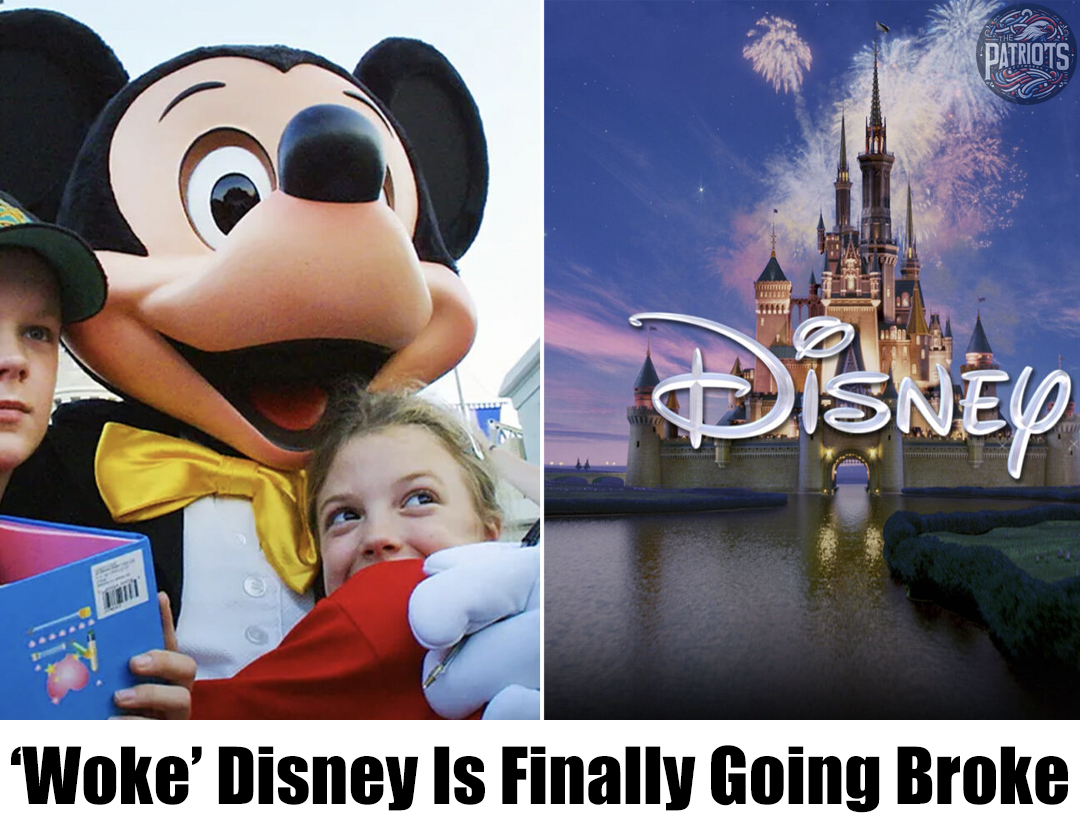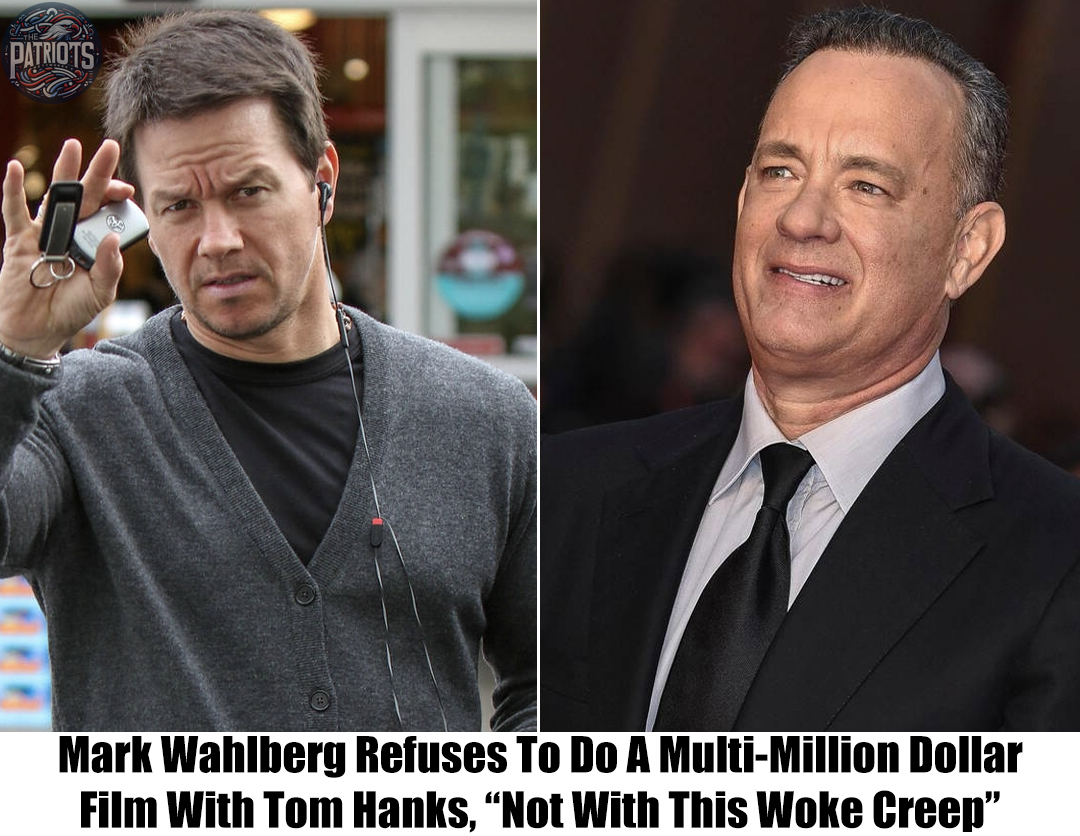In recent years, Disney has become synonymous with pushing a so-called “woke” agenda, embracing progressive ideals and injecting social and political messages into its content. From gender and racial diversity to LGBTQ+ representation, Disney has been hailed by some as a trailblazer in promoting inclusivity and representation.
However, as the saying goes, “the bigger they are, the harder they fall,” and it seems that Disney’s relentless pursuit of wokeness is finally catching up with them as the entertainment giant is now facing financial woes.
The signs of Disney’s financial struggles have been evident for some time. The box office performance of their latest releases has been lackluster, failing to generate the revenue they had hoped for. Movies like “Mulan” and “Onward” received mixed reviews and underperformed at the box office, leaving Disney scratching their heads and wondering where they went wrong.
But it’s not just their cinematic endeavors that are feeling the impact of Disney’s woke agenda. Their theme parks, once a symbol of magic and joy, are now facing declining attendance and revenue. Visitors have voiced their frustration with the overtly political messages and excessive focus on diversity, feeling that it detracts from the immersive experience they seek. Many argue that they go to Disney parks to escape the real world, not to be bombarded with social justice narratives.
Critics have accused Disney of sacrificing storytelling and entertainment value in favor of pushing a specific agenda. They argue that the company has lost touch with its core audience and is alienating longtime fans in pursuit of appeasing the vocal minority. Instead of focusing on creating timeless and captivating stories, Disney seems more concerned with checking off diversity checkboxes and virtue signaling.
The financial ramifications of Disney’s woke approach are becoming increasingly evident. The company’s stock has taken a hit, with investors growing wary of the declining returns on their investment. Theme park attendance and merchandise sales have slumped, leading to layoffs and cost-cutting measures. The once-unstoppable Disney brand is now facing an uphill battle to regain its financial footing.
It’s not just the financial aspect that is troubling for Disney. The company’s wokeness has also resulted in a loss of creative integrity and originality. Many argue that the emphasis on political correctness stifles artistic freedom and leads to watered-down content that lacks depth and substance. Instead of taking risks and exploring new storytelling territories, Disney seems more interested in ticking boxes and following a predetermined agenda.
The decline in Disney’s fortunes has prompted some to question the long-term sustainability of the woke approach. They argue that catering to a narrow ideological viewpoint may result in short-term praise and accolades but can alienate a significant portion of the audience in the process. The entertainment industry has always thrived on diversity of thought and perspectives, and by excluding certain viewpoints, Disney may be cutting off a significant revenue stream.
It remains to be seen whether Disney will recognize the impact of their woke agenda on their bottom line and make the necessary course corrections. Some argue that it may be too late, that the damage has been done, and that Disney’s reputation as a family-friendly entertainment powerhouse has been irreparably tarnished.
In the end, the tale of Disney’s financial woes serves as a cautionary reminder that prioritizing ideology over quality content and customer satisfaction can have severe consequences. It is a lesson that other entertainment giants would do well to heed.
As audiences become increasingly discerning and demanding, companies must strike a delicate balance between addressing societal concerns and providing the entertainment and escapism that people crave. Failure to do so could result in their own downfall, just as it seems to have done for woke Disney.


